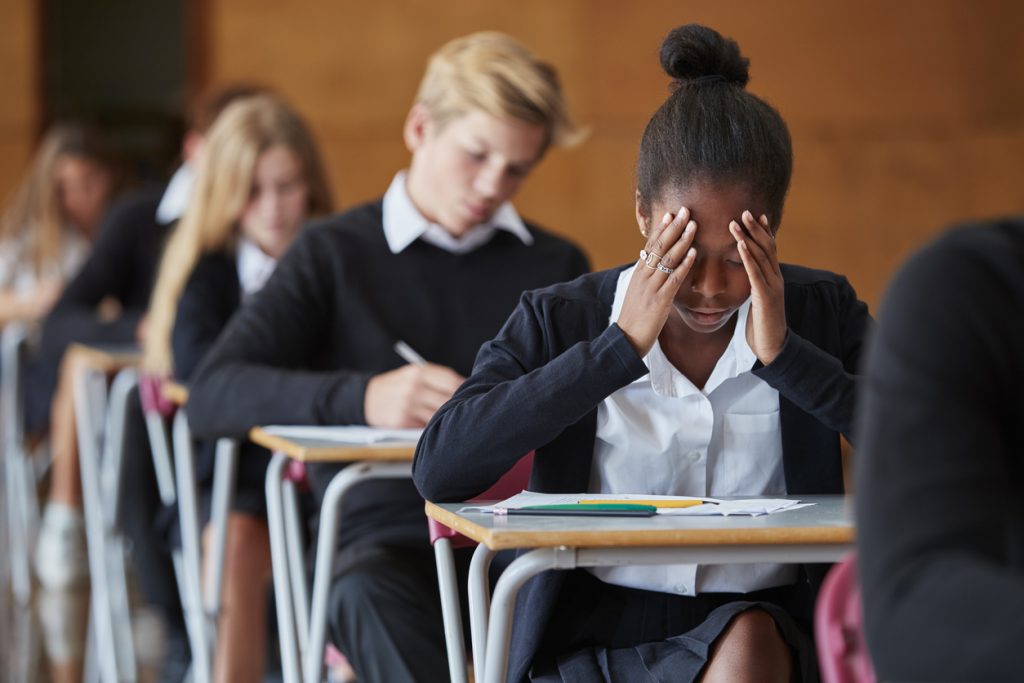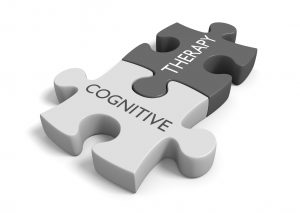
What is anxiety?

Anxiety is a normal response to threatening situations. All adults and children experience some anxiety. However, anxiety is a problem when it becomes more frequent and/or more severe, and, therefore, begins to interfere with a young person’s everyday life. For children and adolescents, this may lead to young people avoiding particular situations or stimuli, such as going to school, parties, sitting exams etc.
What types of anxiety are there?


Common anxiety problems include difficulty separating from a parent or caregiver, anxiety in social situations (e.g. reluctance to participate in class), excessive worry (e.g. worry about getting ill or world events), fears of specific events or objects (e.g. fear of dogs or injections), and obsessive thoughts or compulsive behaviour (e.g. repeated hand washing). Common physical symptoms of anxiety disorders include frequent tummy aches or headaches, irritability or being easily upset, feelings of panic, problems either settling to sleep or staying asleep, and difficulties with concentrating.
What type of treatment works for anxiety problems?

Anxiety Disorders are among the most common emotional and behavioural difficulties experienced by young people. They often persist, without treatment, and are sometimes associated with other difficulties in later life. Cognitive behavioural therapy is the treatment of choice for childhood anxiety problems.
How can I find out more about anxiety?
Click on the link below to view a list of online and self help materials about anxiety problems.
View Resources
What is CBT?

Cognitive behavioural therapy (CBT) is a talking therapy for adults and children with a wide range of emotional and behavioural difficulties.
What does CBT work for?
CBT has been used with young people for over 20 years and is effective in alleviating children’s anxiety and depression. It has also shown to be helpful in tackling low self-esteem. CBT with children and adolescents involves helping young people to identify and to change some of the ways that they think and behave. Young people with anxiety problems commonly have thoughts about bad things happening, and will usually avoid situations that provoke anxiety. Young people with depression have negative thoughts about themselves, the world and/or their future and will commonly avoid a variety of situations due to their low mood.
How does CBT help?
CBT helps young people to identify their unhelpful thoughts and behaviours and provides a range of strategies for dealing with them (including identifying and challenging anxious or negative thoughts, graded exposure to feared situations and problem solving).
How can I learn more about CBT?
Click on the following link to view a range of CBT online and self help resources that may be useful to you or your child. View Resources
